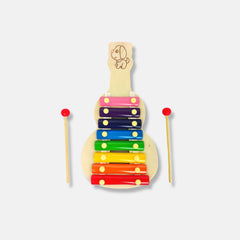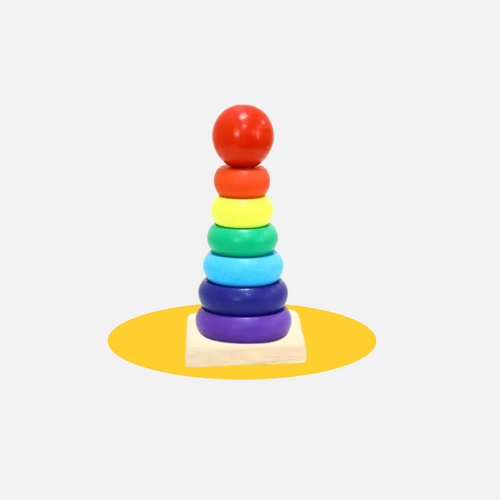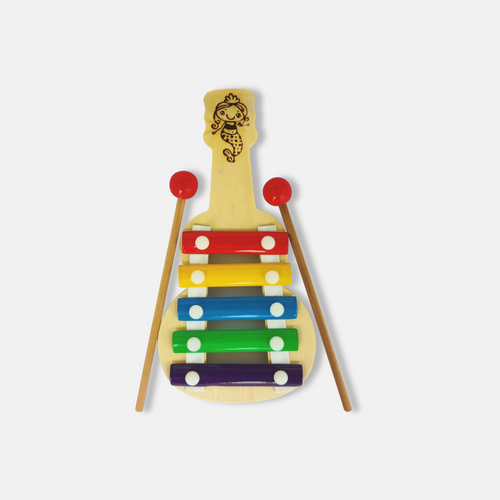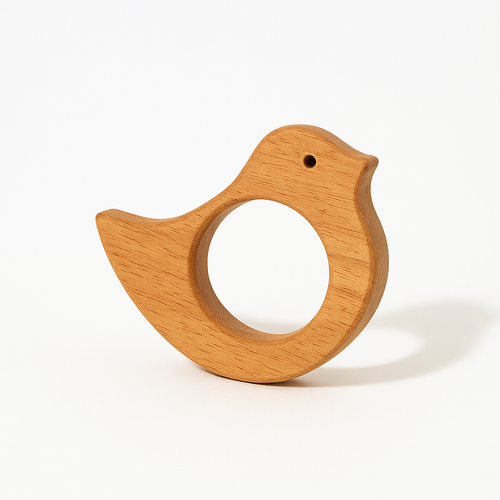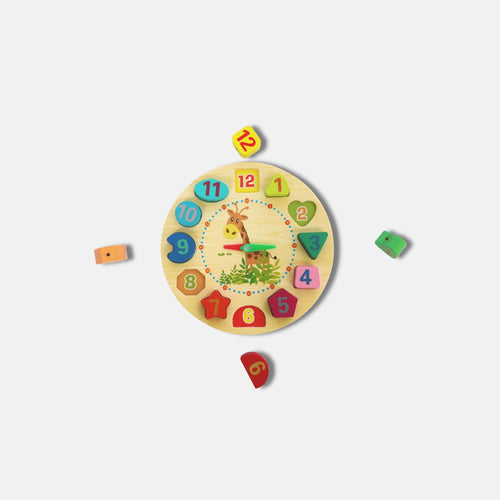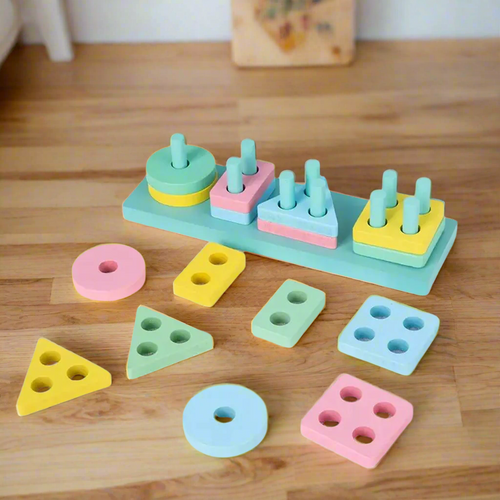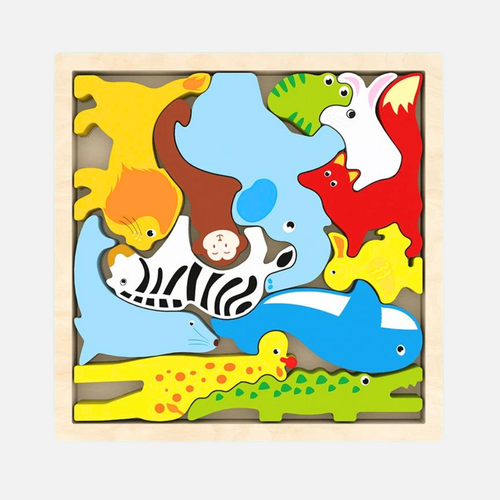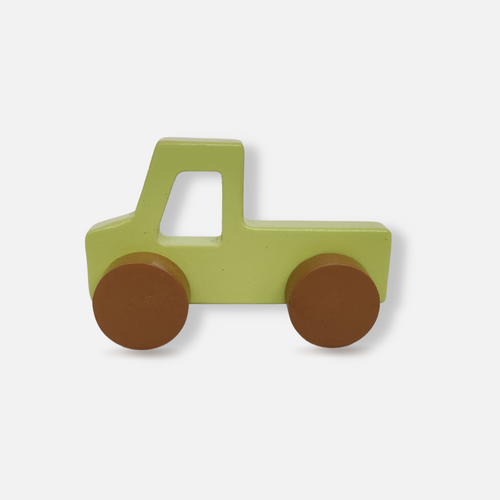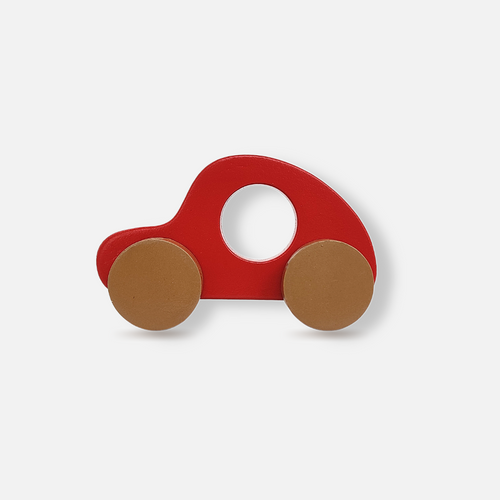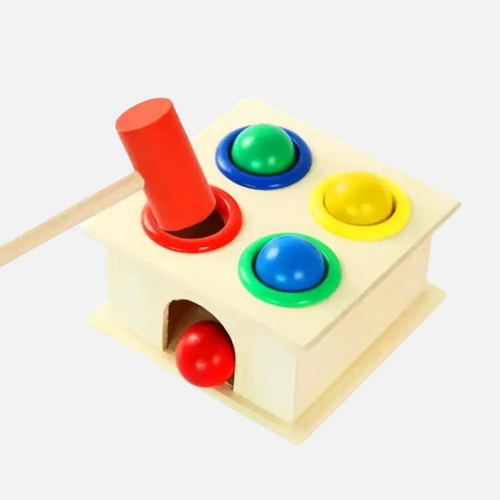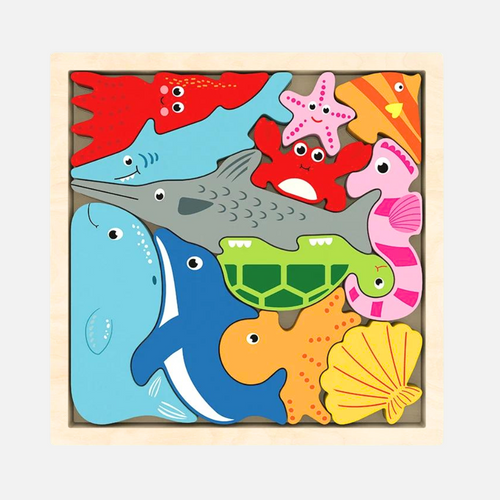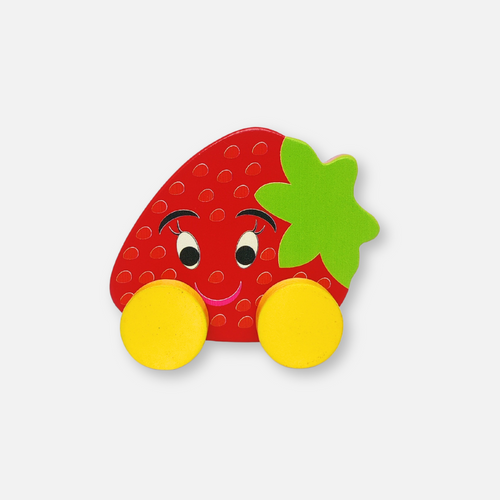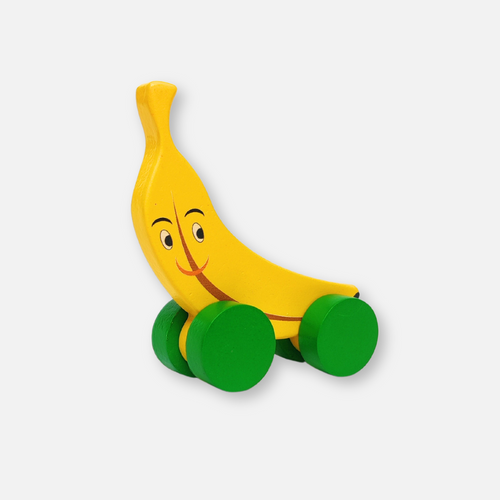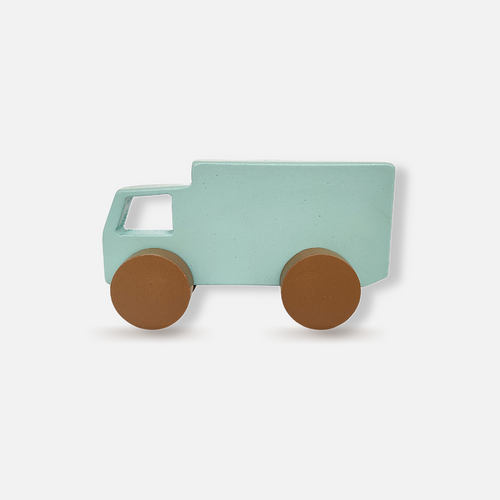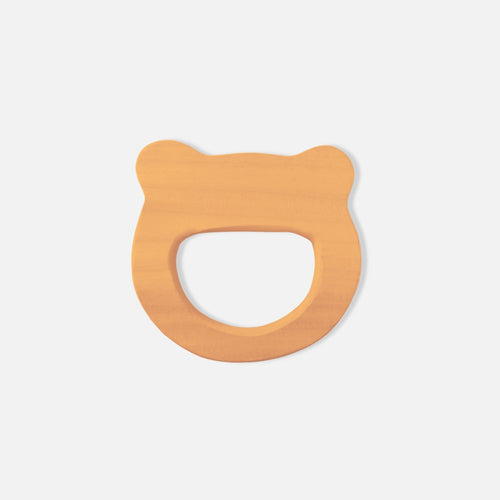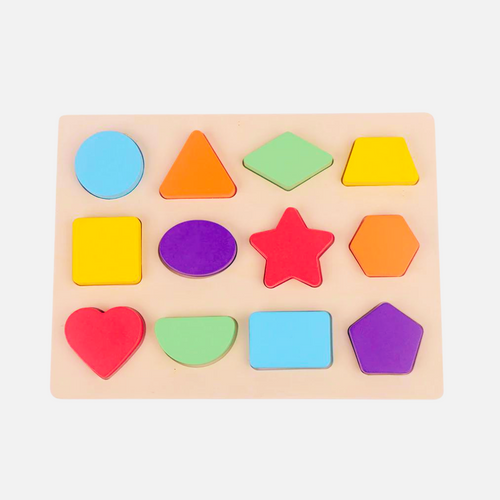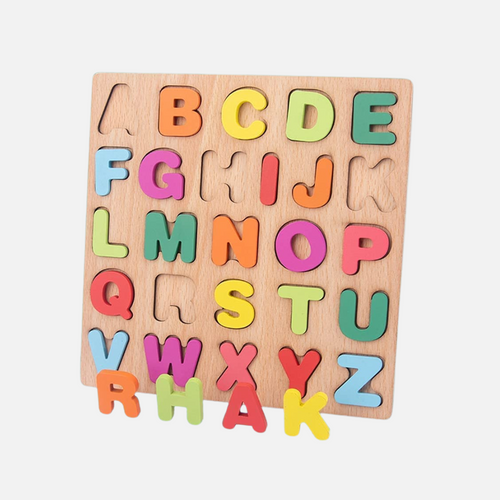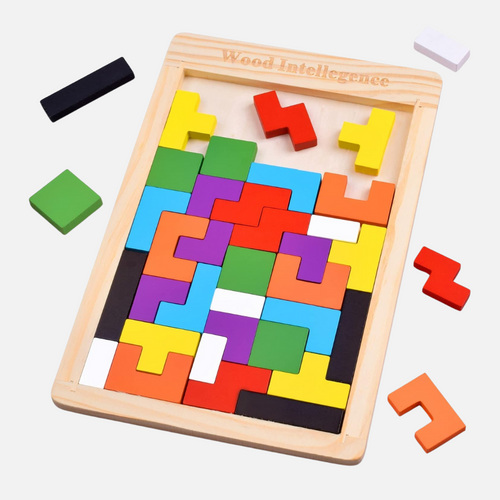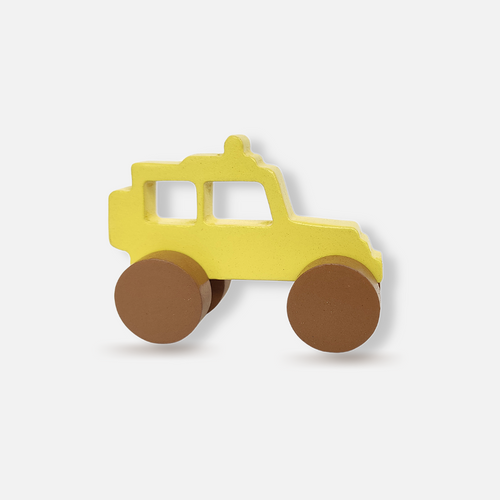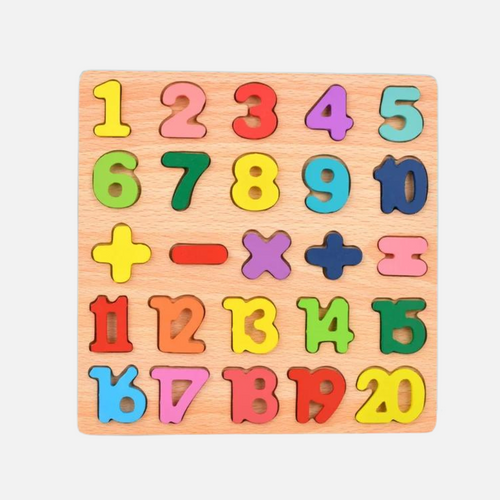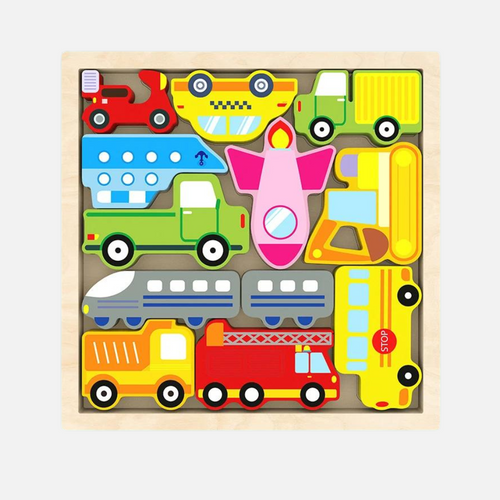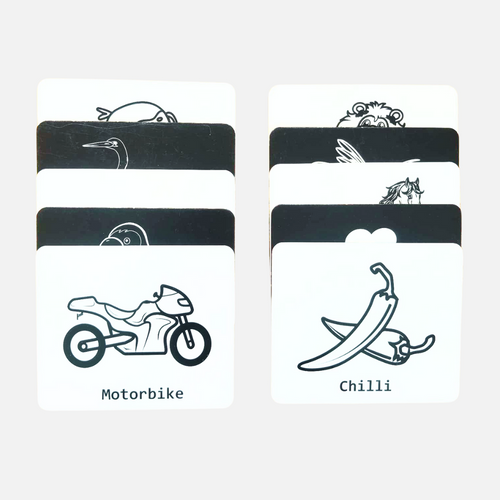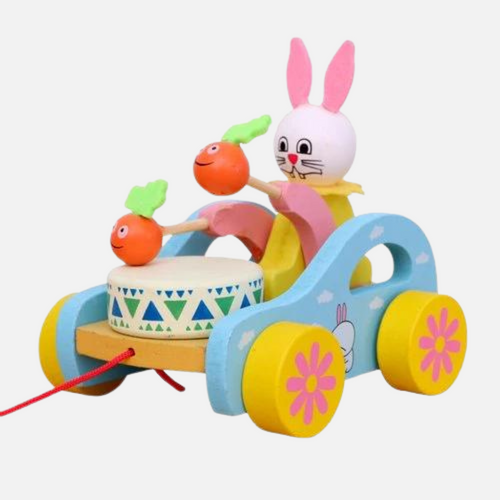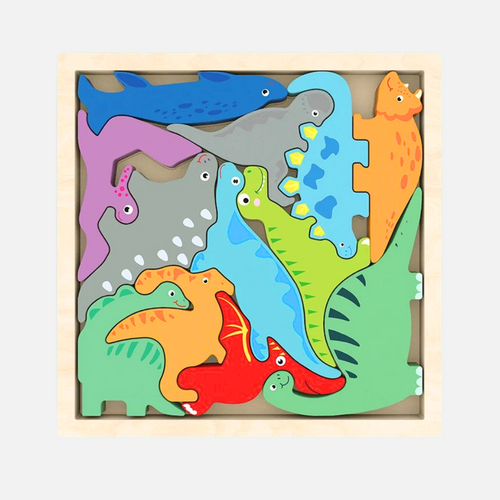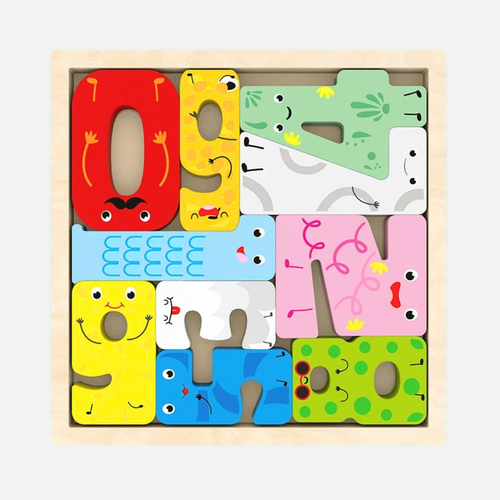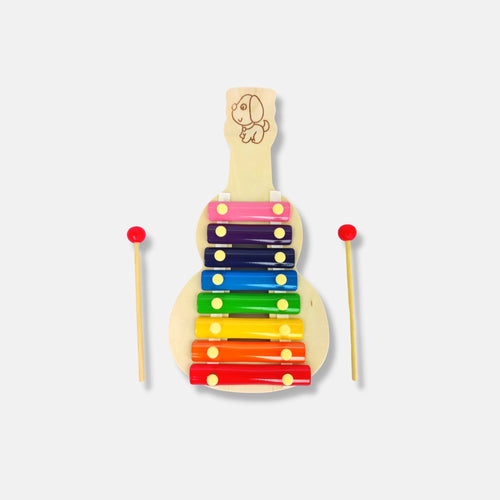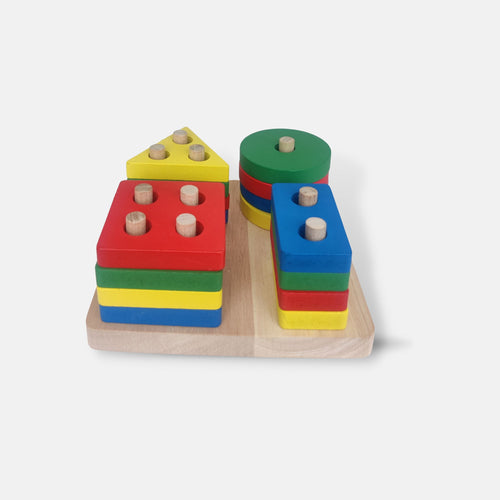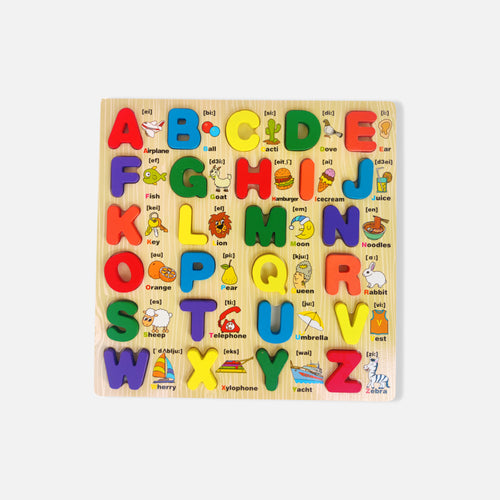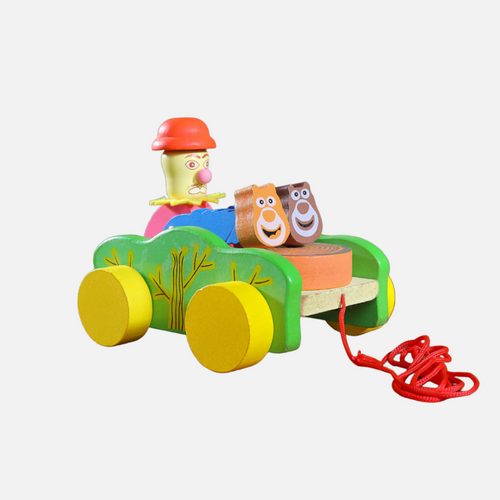The Importance of Gross Motor Development in Early Years
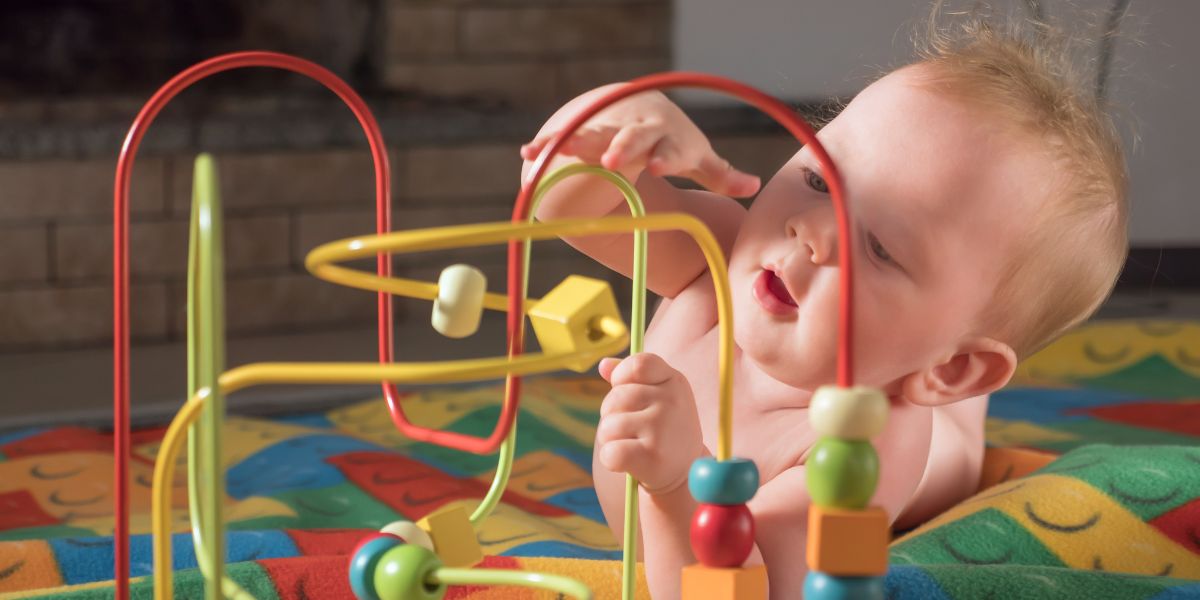
Gross motor development is a critical aspect of a child's growth and development. It involves the development of large muscle groups and the ability to perform physical activities that require coordination, strength, and balance. From the moment a child is born, their journey towards mastering gross motor skills begins. In this article, we will explore what gross motor development entails, why it is essential, and how parents and caregivers can support and encourage its progression.
What Is Gross Motor Development?
Gross motor development refers to the development of physical abilities and coordination of the large muscles in the body. These muscles are responsible for movements such as crawling, walking, running, jumping, and climbing. Gross motor skills are fundamental to a child's ability to explore their environment and engage in physical activities.
Stages of Gross Motor Development
Gross motor development occurs in distinct stages throughout a child's early years.
Infancy
During infancy, babies gradually develop control over their bodies. They learn to lift their heads, roll over, and eventually sit up. These early milestones lay the foundation for more complex movements later on.
Toddlerhood
In toddlerhood, children become more mobile. They start crawling, standing, and taking their first steps. These newfound abilities open up a world of exploration and curiosity.
Preschool Years
As children enter the preschool years, they refine their gross motor skills. Running, jumping, skipping, and riding a tricycle become part of their everyday activities.
The Importance of Gross Motor Skills
Gross motor development plays a pivotal role in a child's overall development.
Physical Health
Engaging in physical activities enhances a child's physical fitness. It strengthens muscles, improves cardiovascular health, and contributes to overall well-being.
Cognitive Development
Gross motor skills also influence cognitive development. The coordination required for physical activities stimulates the brain and enhances problem-solving abilities.
Social Skills
Physical play often involves interaction with other children. This fosters social skills like sharing, cooperation, and communication.
Factors That Influence Gross Motor Development
Several factors influence a child's gross motor development, including genetics, nutrition, and environmental stimuli. Adequate nutrition, a safe and stimulating environment, and opportunities for physical activity are vital for healthy development.
Promoting Gross Motor Development
Parents and caregivers can actively support gross motor development through age-appropriate activities.
Activities for Infants
Tummy time to strengthen neck and upper body muscles.
Gentle rocking and swaying to promote balance.
Playing with colorful and textured toys to encourage reaching and grasping.
Activities for Toddlers
Encouraging crawling and walking.
Simple games that involve running and jumping.
Outdoor playtime on safe playground equipment.
Activities for Preschoolers
Organized sports and physical games.
Dancing and rhythmic movement activities.
Bike riding and more complex physical challenges.
Challenges and Delays in Gross Motor Development
Sometimes, children may face challenges or delays in their gross motor development. It's essential for parents and caregivers to be aware of these potential issues.
Identifying Developmental Delays
Signs of gross motor development delays may include a child not reaching expected milestones within a reasonable timeframe. If there are concerns, it's crucial to consult with a pediatrician or developmental specialist for guidance.
Seeking Professional Help
In cases of significant developmental delays, professional intervention may be necessary. Physical therapists and other specialists can provide targeted support and therapies to help children catch up and develop essential gross motor skills.
Conclusion
The importance of gross motor development in the early years cannot be overstated. It is a key building block in a child's physical, cognitive, and social development. Parents and caregivers play a crucial role in fostering and encouraging these skills. By providing a safe and stimulating environment and engaging in age-appropriate activities, children can thrive in their gross motor development journey.
FAQs
Q 1: Why is gross motor development important in early childhood?
A 1: Gross motor development is essential as it contributes to physical health, cognitive development, and social skills.
Q 2: What are some common activities to promote gross motor skills in infants?
A 2: Tummy time, gentle rocking, and playing with textured toys are great activities for infants.
Q 3: How can parents identify developmental delays in gross motor skills?
A 3: Look for signs such as missed milestones and consult with a pediatrician if concerns arise.
Q 4: When should parents seek professional help for gross motor development delays?
A 4: If delays are significant or persistent, it's advisable to seek guidance from a specialist.
Q 5: What role do genetics play in a child's gross motor development?
A 5: Genetics can influence a child's physical capabilities, but a supportive environment and activities are equally important for development.
-
Posted in
what is gross motor development


